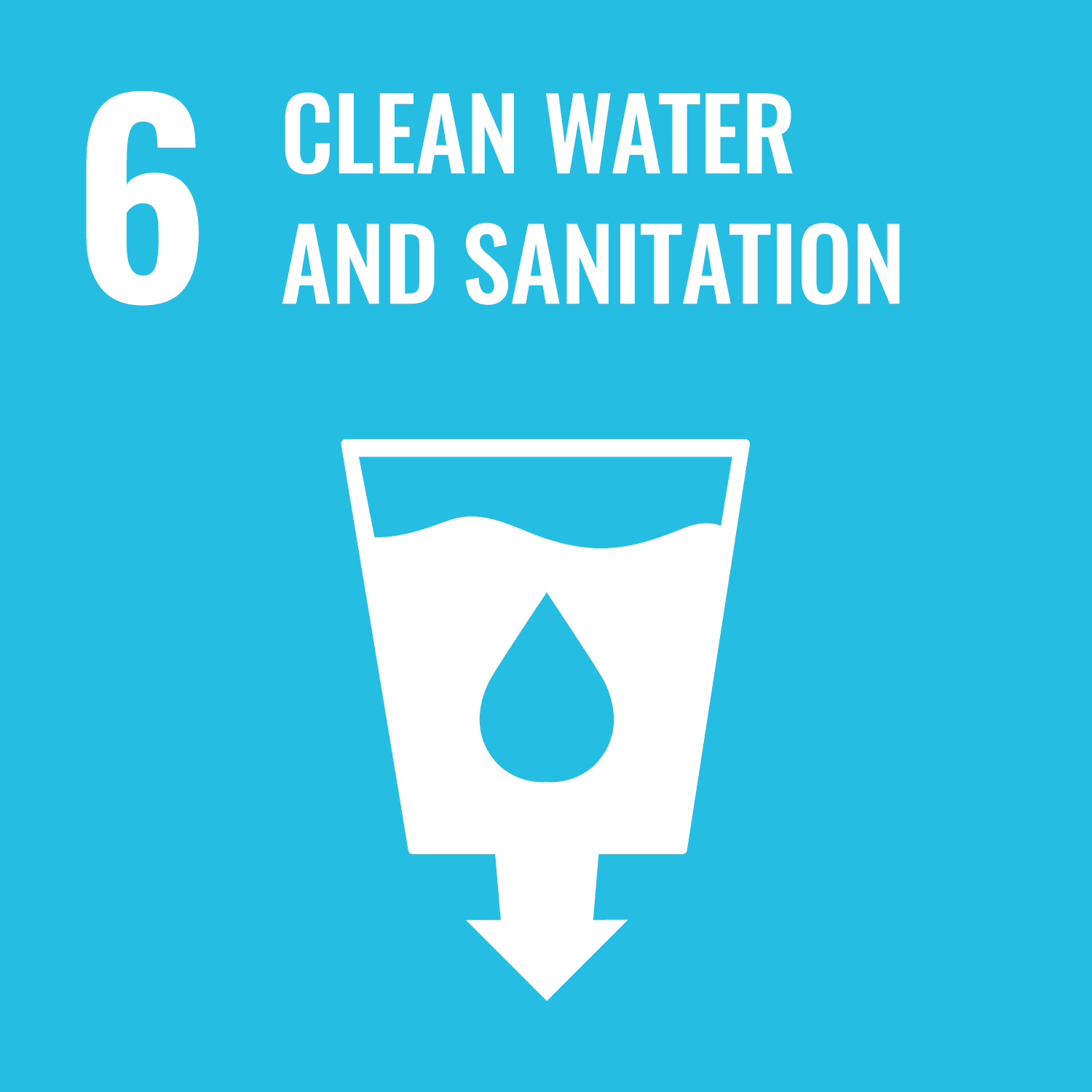Aaron Packman
Aaron Packman is a professor of Civil and Environmental Engineering and the Director of the Northwestern Center for Water Research, which links the University’s water research efforts in basic sciences, technological advancement, law and policy, and systems analysis and simulation. Packman’s personal work focuses on the study of environmental transport processes, including both hydrodynamic transport processes and reactive transport processes. A lot of this work involves sediments, including transport processes in sediment beds, the implications of physicochemical particle-particle interactions for fine sediment transport, and the role of sediments in contaminant transport. Packman also teaches classes related to environmental fluid mechanics, transport, and modeling.


